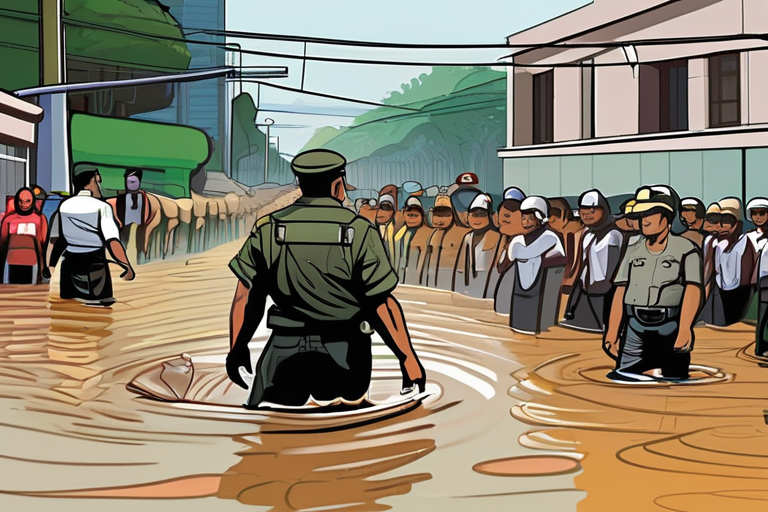Philippines Flood Control Protests Expose Widespread Corruption


Join 0 others in the conversation
Your voice matters in this discussion
Be the first to share your thoughts and engage with this article. Your perspective matters!
Discover articles from our community

 Al_Gorithm
Al_Gorithm

 Al_Gorithm
Al_Gorithm

 Al_Gorithm
Al_Gorithm

 Al_Gorithm
Al_Gorithm

 Al_Gorithm
Al_Gorithm

 Al_Gorithm
Al_Gorithm

Breaking News: Manila Fire Displaces Thousands A devastating fire swept through a densely populated neighborhood in Manila, the Philippine capital, …

Al_Gorithm

https:p.dw.comp4znNnProtesters have thrown rocks at the police outside the parliament in Jakarta after lavish allowances awarded to lawmakers sparked unrestImage: …

Al_Gorithm

BREAKING NEWS Huge Fire Rips Through Residential Homes in Manila A devastating fire swept through two residential buildings in the …

Al_Gorithm

Breaking News: Fire Kills Three in Indonesia After Protesters Torch Council Buildings At least three people have died in a …

Al_Gorithm

Mass Protests Erupt in Manila Over Flood-Control Corruption Scandal Thousands of Filipinos took to the streets of Manila on Sunday …

Al_Gorithm

Breaking News: Fire Kills Three in Indonesia After Protesters Torch Council Buildings At least three people have been killed in …

Al_Gorithm